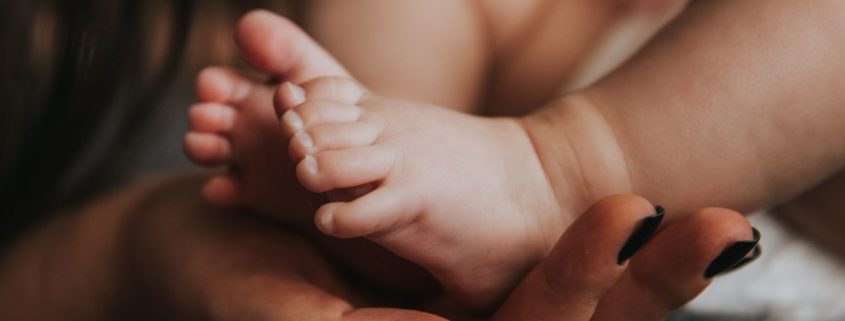Postpartum depression (PPD) occurs 2 to 8 weeks after the birth of a child. Suffering young mothers exhibit depressive and anxious behaviour. Focus on the signs of this disorder and the treatments recommended to help young mothers. Martine Valton Jouffroy, Gestalt Therapist in Paris, accompanies you through this ordeal.
Main symptoms of postpartum depression
Isolation is a common feature of mothers suffering from postpartum depression. They are also fearful and obsessive about their child’s well-being. This translates into too frequent visits to the paediatrician. Mood swings, loss of motivation, pains, phobias are the other most common symptoms of postpartum depression. This type of disorder can also be recognized by the usual forms of depression, always related to the infant:
● sleep disorders
● concentration and memory problems
● difficulty in making decisions and taking action
● appetite disorders
● permanent physical and mental fatigue
● sadness
● loss of self-confidence
● social withdrawal
● anguish
● loss of interest in oneself or in the child or the opposite: an inordinate concern for the baby
● suicidal thoughts
● feelings of guilt and incompetence as a mother
Probable causes of postpartum depression
Depression can result from apprehensions about having a child and becoming a mother. In addition to psychological factors, biological and hormonal disorders can also make a young mother depressed after giving birth. Financial or personal problems such as loneliness, abandonment, break-up, lack of marital/family support and relationship problems during pregnancy also increase the risk of postpartum depression. Not to mention the family history of depression as well as complications during labour or after the arrival of the baby: illness of the infant, premature birth, disability, difficulty breastfeeding…
Prevention and treatment of PPD
To avoid postpartum depression, a mother should follow these tips:
Get some rest
Resting means sleeping well and relaxing from time to time. Sometimes a young mother needs to entrust her baby to someone she trusts to recharge her batteries. She should rest often when she feels fatigue coming on.
Eat a healthy, balanced diet
A mother must feed herself well to gather the strength to take care of her little one. A varied diet, rich in vitamins, calcium and proteins is the secret to iron health. Consult the doctor if necessary.
Exercise regularly
Fitness exercises are recommended to stay toned and regain your figure after pregnancy. However, be careful to do sports in moderation to protect the body. Yoga, swimming and walking are recommended. A perineal re-education must be done before returning to sport.
Maintain good social relations
A mother needs to decompress and let off steam so she can forget her everyday worries. That’s why it’s important to spend time with friends and take baby to sunny, green public places. And try to make friends with other mums and share experiences.
Taking time for yourself
A mother must maintain her femininity, feel beautiful and desirable. This is even more important to preserve the intimacy of the couple after the birth of a child. It is therefore advisable for young mothers to be pampered. Asking for help from the father or the family is one way to regain energy.
Deciding on a therapeutic accompaniment
When depression is severe, it is best to seek help from a mental health professional. I will accompany you to Paris, Lille and Brussels to deal with Post-Partum Depression. Accompaniment by a therapist can be effective in getting out of depression and fully assume your role as a mother! If in doubt, don’t hesitate to ask for a single session and see if this is the diagnosis. If your situation requires hospitalization, it will be notified at that time.




